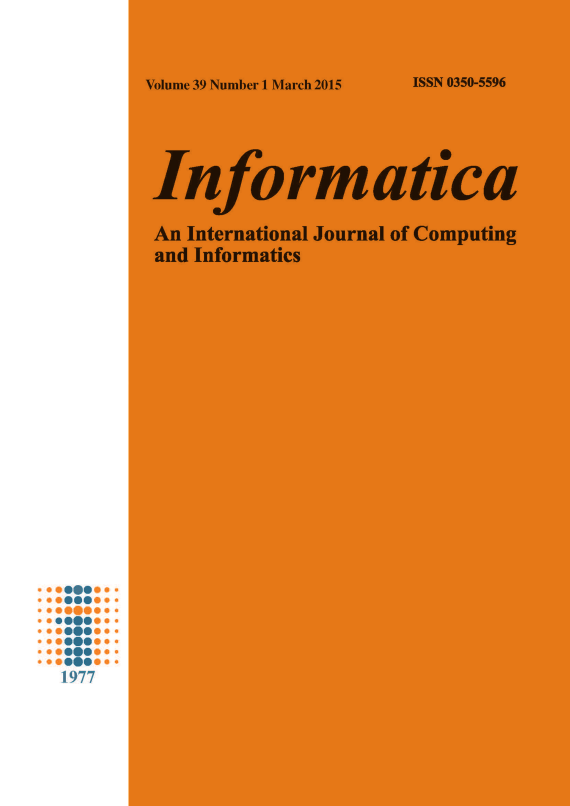Experimental Comparisons of Multi-class Classifiers
Abstract
The multi-class classification algorithms are widely used by many areas such as machine learning and computer vision domains. Nowadays, many literatures described multi-class algorithms, however there are few literature that introduced them with thorough theoretical analysis and experimental comparisons. This paper discusses the principles, important parameters, application domain, runtime performance, accuracy, and etc. of twelve multi-class algorithms: decision tree, random forests, extremely randomized trees, multi-class adaboost classifier, stochastic gradient boosting, linear and nonlinear support vector machines, K nearest neighbors, multi-class logistic classifier, multi-layer perceptron and naive Bayesian classifier. The experiment tested on five data sets: SPECTF heart data set, Ionosphere radar data set, spam junk mail filter data set, optdigits handwriting data set and scene 15 image classification data set. Our major contribution is that we study the relationships between each classifier and impact of each parameters to classification results. The experiment shows that gradient boosted trees, nonlinear support vector machine, K nearest neighbor reach high performance under the circumstance of binary classification and minor data capacity; Under the condition of high dimension, multi-class and big data, however, gradient boosted trees, linear support vector machine, multi-class logistic classifier get good results. At last, the paper addresses the development and future of multi-class classifier algorithms.Downloads
Issue
Section
License
I assign to Informatica, An International Journal of Computing and Informatics ("Journal") the copyright in the manuscript identified above and any additional material (figures, tables, illustrations, software or other information intended for publication) submitted as part of or as a supplement to the manuscript ("Paper") in all forms and media throughout the world, in all languages, for the full term of copyright, effective when and if the article is accepted for publication. This transfer includes the right to reproduce and/or to distribute the Paper to other journals or digital libraries in electronic and online forms and systems.
I understand that I retain the rights to use the pre-prints, off-prints, accepted manuscript and published journal Paper for personal use, scholarly purposes and internal institutional use.
In certain cases, I can ask for retaining the publishing rights of the Paper. The Journal can permit or deny the request for publishing rights, to which I fully agree.
I declare that the submitted Paper is original, has been written by the stated authors and has not been published elsewhere nor is currently being considered for publication by any other journal and will not be submitted for such review while under review by this Journal. The Paper contains no material that violates proprietary rights of any other person or entity. I have obtained written permission from copyright owners for any excerpts from copyrighted works that are included and have credited the sources in my article. I have informed the co-author(s) of the terms of this publishing agreement.
Copyright © Slovenian Society Informatika








